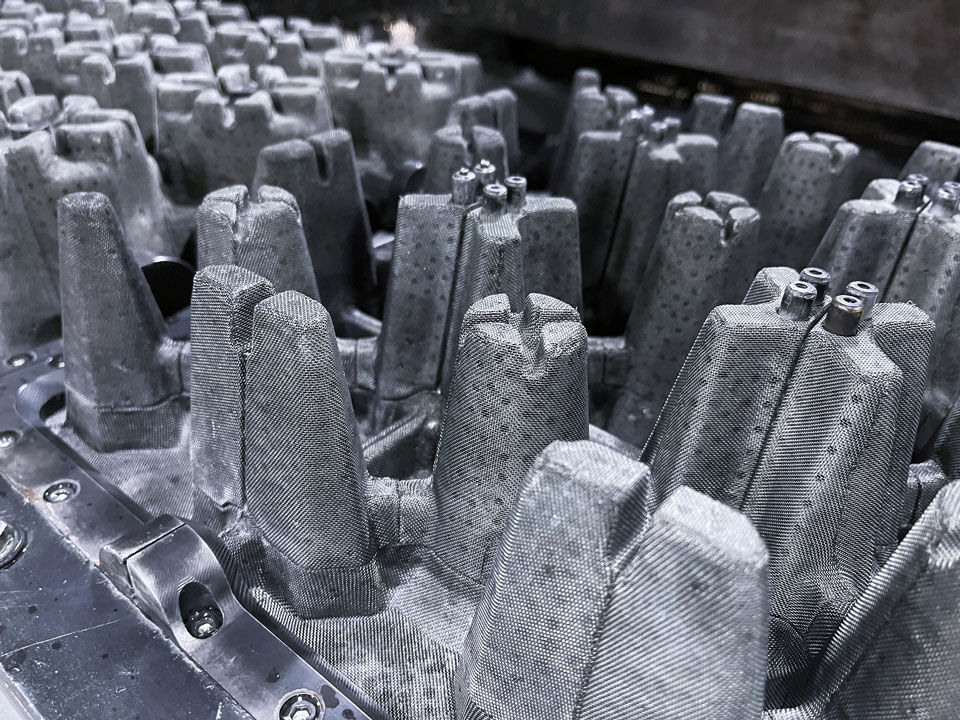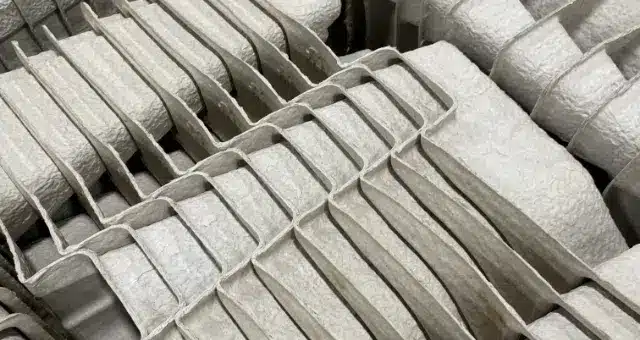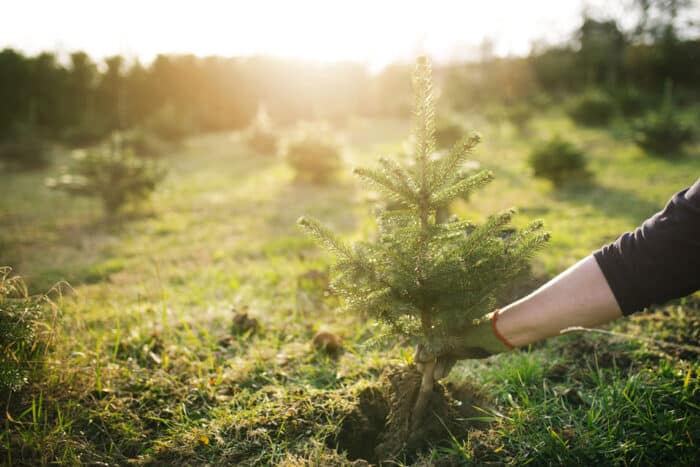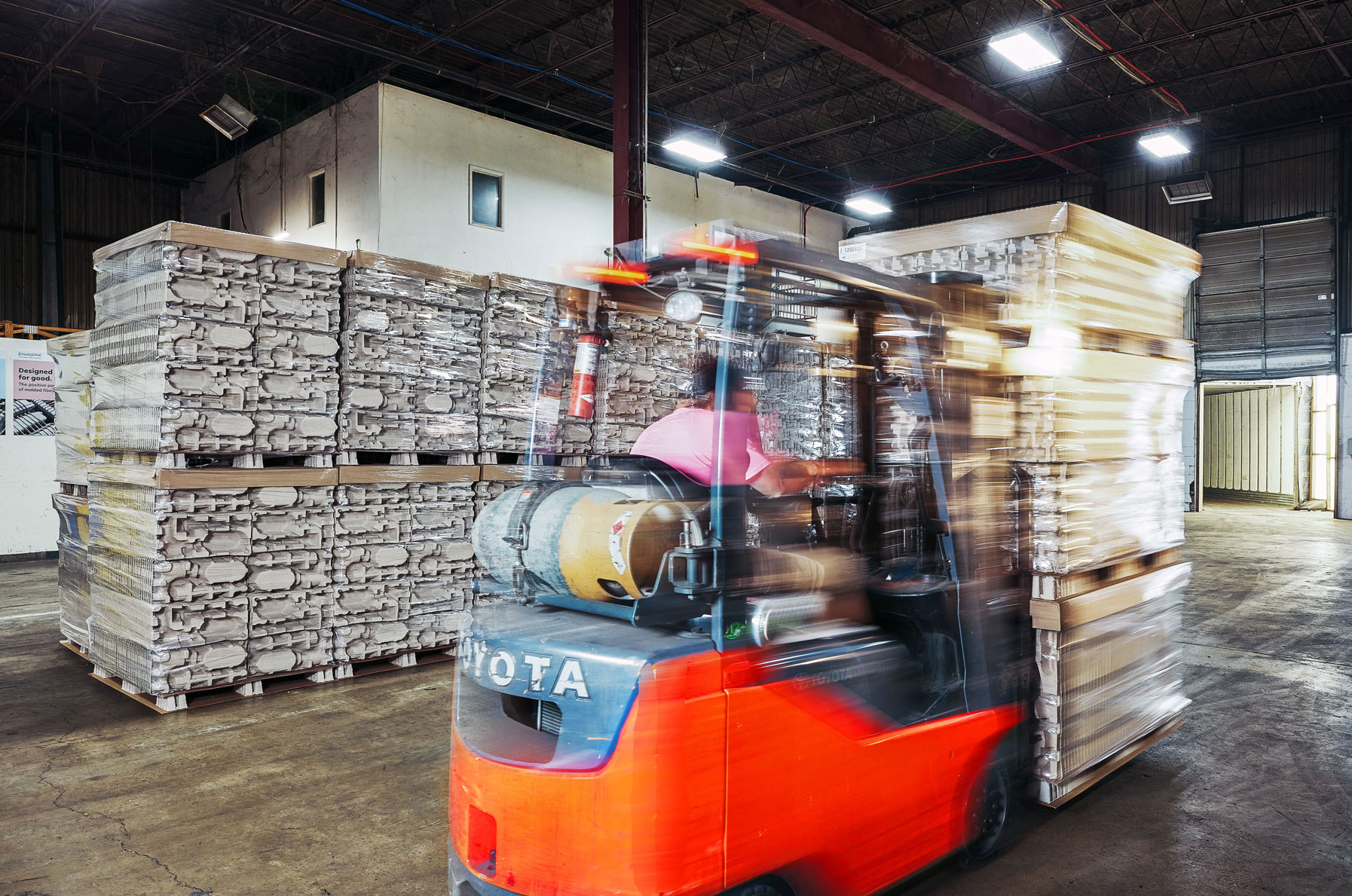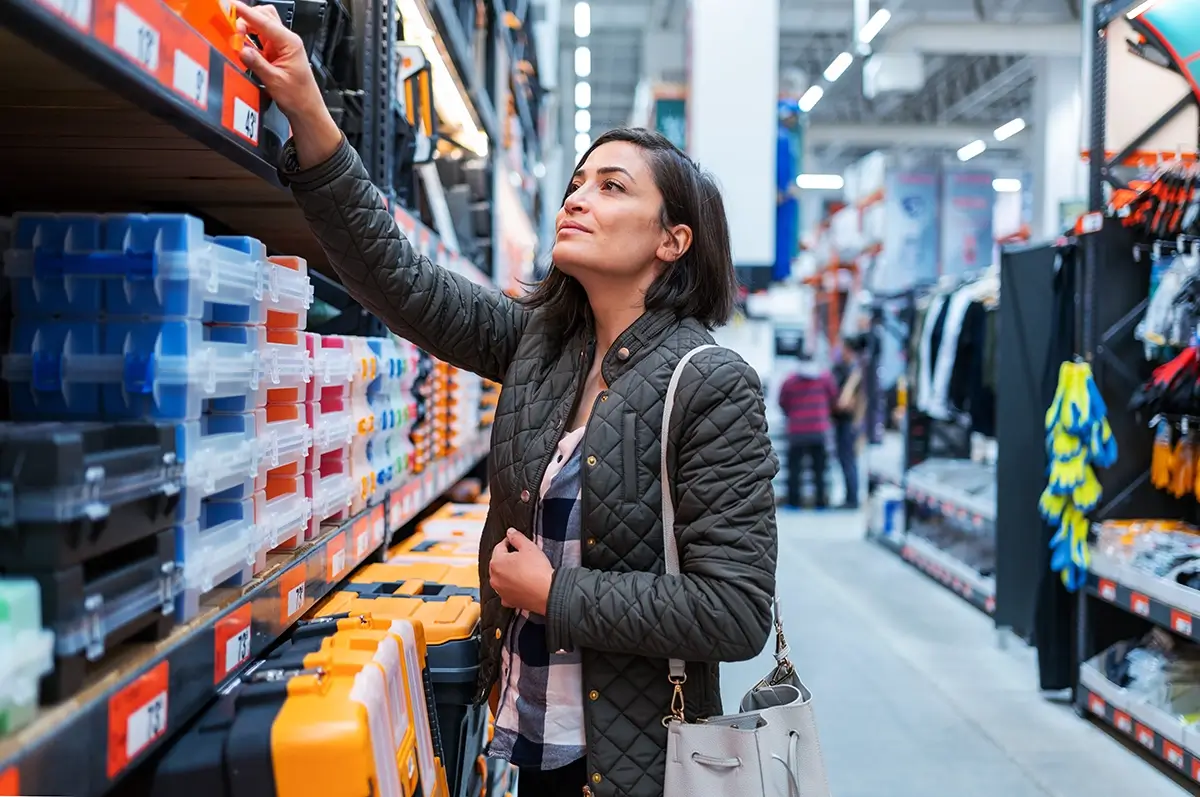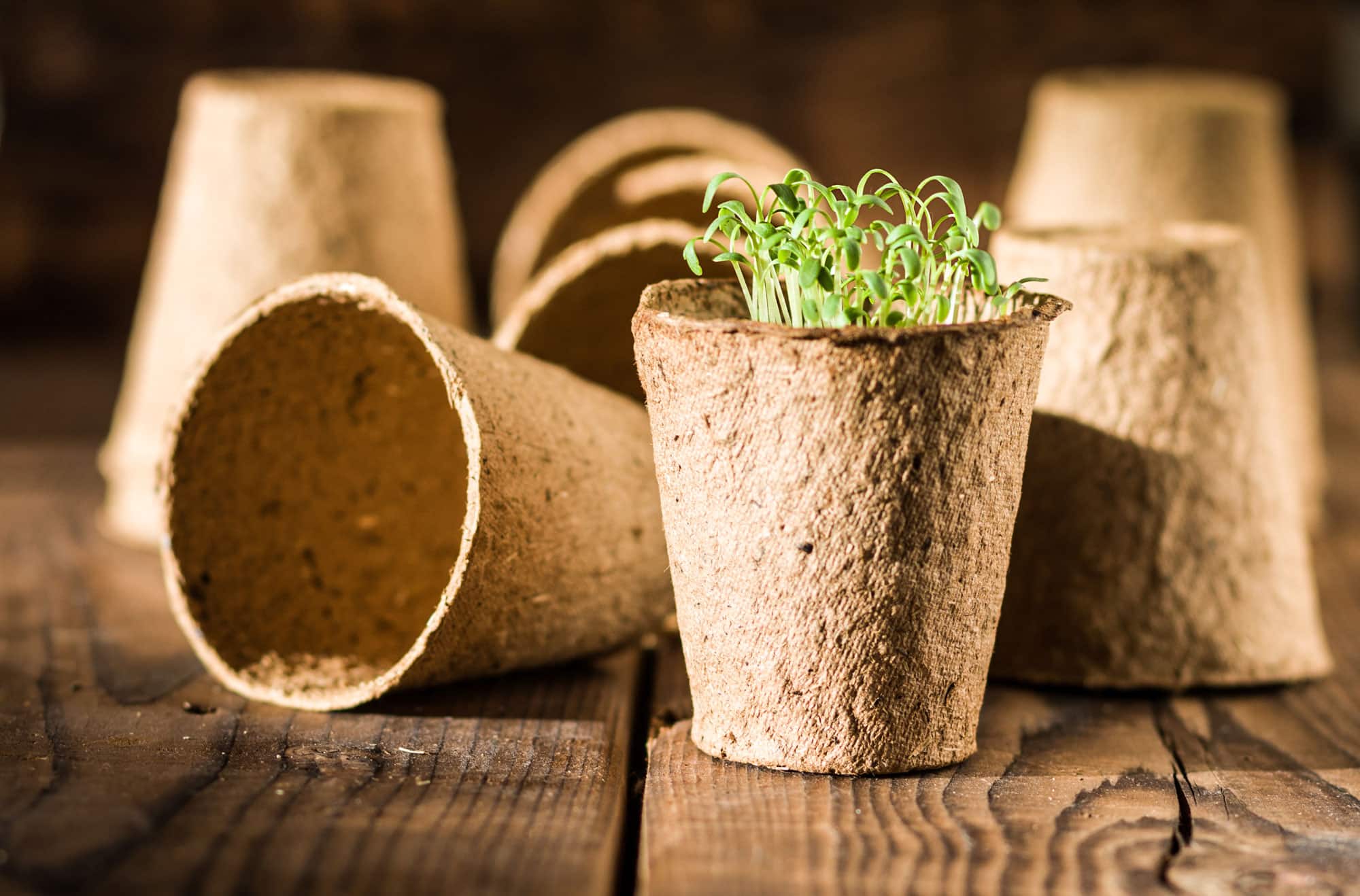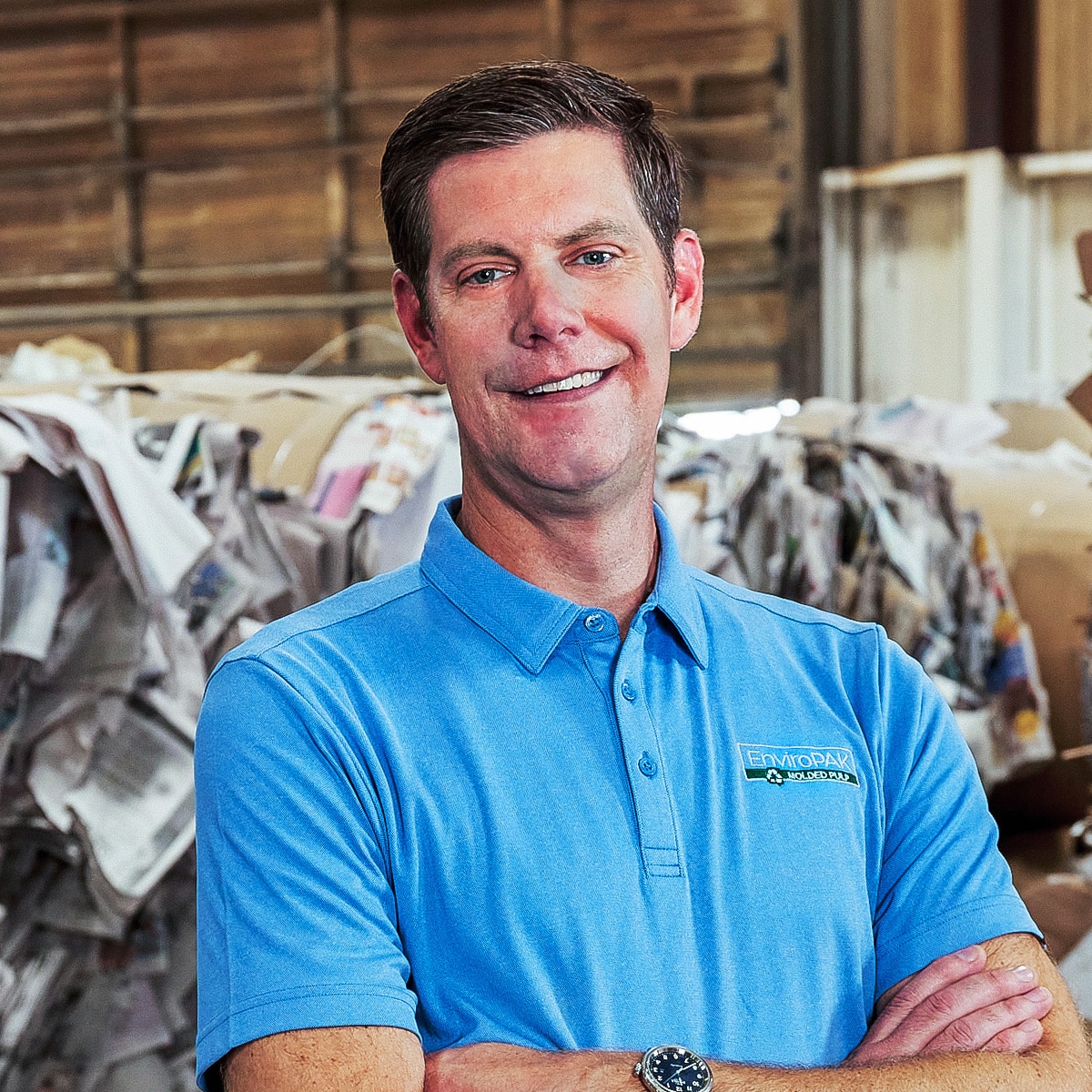What’s good for packaging can also be good for the environment.
The statistics are daunting. People throw away an estimated 350 million metric tons of plastic waste every year. Even more alarming is that at this rate global plastic waste generation is projected to triple by 2060.
That’s one billion metric tons of discarded plastic that will be left for future generations. Based on these numbers, it’s evident that recycling alone will not overcome the massive amount of waste finding its way into landfills and the environment. The one clear solution can be found in compostable packaging material.
While it took two years, they have replaced the plastic packaging for 419 SKUs of their popular chocolate candy Smarties with 100% recyclable paper packaging. Commonly referred to as “paperization” of packaging, the company has taken their brand, one that is linked in so many positive ways to children, and created another positive by helping curb the use of plastics and the many issues this material imposes on the environment.
What does “compostable” mean?
Made from plant-based materials such as molded fiber, compostable packaging fully breaks down into organic matter in a composting environment such as a garden. Basically, the packaging decomposes into natural, non toxic elements. The difference between compostable and biodegradable is that a biodegradable packaging can break down into smaller pieces, but does not necessarily provide essential nutrients when utilized as compost.
Molded fiber: Biodegradable and compostable.
A key advantage with molded fiber packaging is that it’s both biodegradable and compostable. According to a recent survey conducted by consultancy group Kanata,which included 80,000 people worldwide, 52% of consumers want packaging that is 100% recycled, and 46% wish to see packaging that is biodegradable.
This supports how molded fiber can deliver a brand image that aligns with consumers who want to buy from companies that support sustainability. The Kantar study also points out that “Eco-actives favor products that are natural, so winning their $382 billion wallet will require brands to appeal to consumers’ lifestyles.” It’s something product driven companies can achieve through the use of biodegradable molded fiber packaging.
Protecting the environment. Protecting brands.
The buying power of eco-friendly consumers is gaining momentum and major brands worldwide are listening as well as making packaging material changes. One example is KFC which is famous for its “original recipe” fried chicken. As the second largest fast food fast food chain with over 24,000 outlets in more than 145 countries worldwide, KFC is focused on making all of its consumer-facing packaging “home compostable” at every Canadian location by 2025.
While this change is being mandated by Canadian law, the origins can be found in citizens of that country demanding an end to one-use plastic packaging. With a compostable packaging shift for KFC buckets, sandwich wrappers and cups, the company estimates that it will eliminate 200 million pieces of packaging from Canadian landfills.
It’s a change that’s good for the environment, and for business. As KFC Canada president and general manager Nivera Wallani states: “One of our leading principles at KFC Canada is feeding people, not landfills. The move to fully home compostable consumer packaging is a bold and ambitious step we are taking to inspire positive change in the communities we operate in.”
Giving packaging a second life through compostability.
Once the consumer has received a product, the packaging is no longer needed for shipping or product protection, then what? If the packaging material is plastic this limits the options and it can easily end up in the trash. But molded fiber packaging can be given a second life since it’s 100% compostable. In fact, the consumer can literally bury it in the garden to help give new life to flowers, vegetables and a company’s revenues due to green consumer brand loyalty.
According to a survey by Havas Group Worldwide, 65% of consumers believe that when it comes to driving positive social change, brands bear as much responsibility as governments.
Furthermore, Insider, Inc. points out there’s an extremely high rate at which consumers switched products or services because a company violated their values. Close to 50% had made this brand switch and the number one reason for this change was to find and support companies that “protect the environment”.
Besides being 100% biodegradable and 100% compostable, other advantages with molded fiber packaging include the elimination of time consuming folding that can cause serious employee health issues such as Carpal Tunnel Syndrome. Plus, this sustainable material offers superior product protection and can reduce both warehousing and shipping costs. This is why, in part, so many companies are replacing plastic and corrugate with molded fiber. It’s all positive outcomes.
Learn more about why compostable packaging n is the right direction for the environment, your customers, and your business health by contacting EnviroPAK today. Our molded fiber packaging is the ideal sustainable, biodegradable and compostable solution to protect your products and your brand image with consumers.

